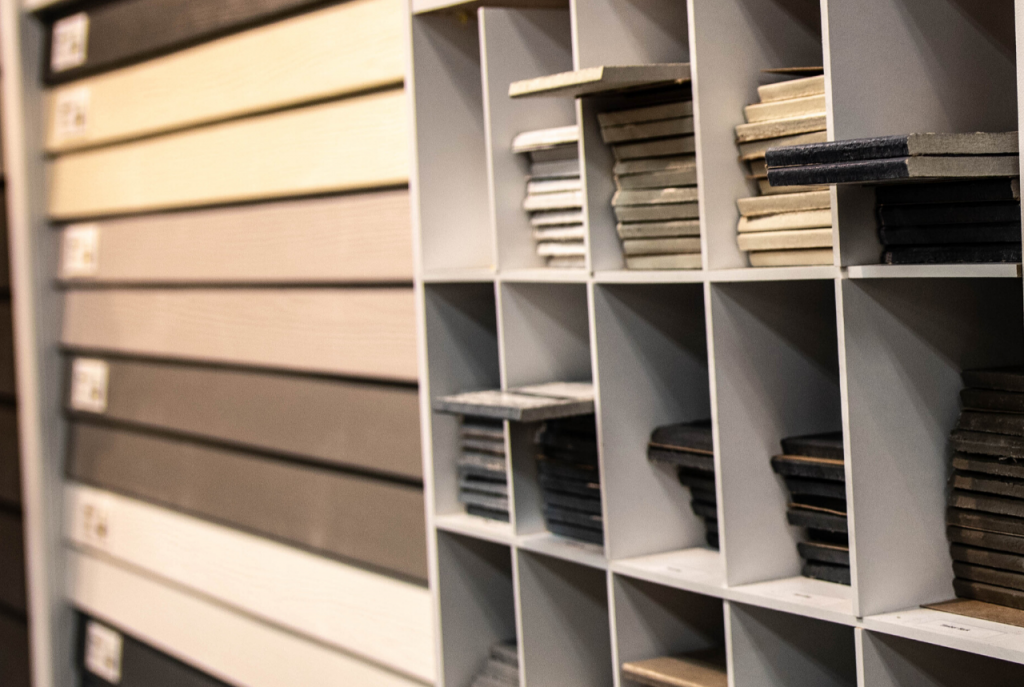The Construction Pro’s Guide to Fasteners
Can there be a more essential building component than construction fasteners? Screws, nails, nuts and bolts—they’re what holds everything together. But there are so many different types that sometimes, choosing the right ones for different parts of a project gets a little bit confusing. Particularly since large scale projects are going to require thousands of fasteners in all different types. Let’s get started with the considerations you’ll need to factor when you choose fasteners, and then we’ll show you some of the types available.
Considerations to Make When Choosing Fasteners
Every building project requires a variety of fasteners. The choices you make will be determined on lots of different factors. As you’re creating lists of supplies to order, make sure to think about the following as you order fasteners:
- Building Materials: Are you working with wood, concrete, drywall, metal, or another material? They’ll all require a different kind of fastener.
- Material Weights: Heavier materials will require heavier duty fasteners!
- Environment: Make sure to choose fasteners based on the indoor and outdoor environment they’ll be exposed to.
- Finish: Will the fasteners need to be exposed? Decorative finishes may be needed, or you may need easily concealed fasteners.
- Accessibility: How hard will it be to place the fasteners? For instance, screws may be a better choice where workers won’t have space to hammer nails.
Fastener Types
The next choice to make is which fastener types you’ll need. Here’s a quick overview of the fasteners available at our downtown Boston construction store to help you choose!
- Nails: These are typically the least expensive fasteners, and they’re the simplest, too. Best used for wood, nails don’t have the holding power that screws or bolts have, but depending on how you intend to use them, they have advantages of their own. Those installed with nail guns are easy to use, for instance, and finishing nails are easily concealed when hanging trim.
- Screws: These are the fasteners you’ll most often use for wood, metal and drywall—or masonry screws for screws embedded into concrete. They’re not as easy to install as nails, and typically cost a little more, but the threaded shanks have a lot more holding power.
- Bolts: Bolts aren’t used as commonly as nails and screws, but they do have their uses. Use them in anything that has pre-drilled holes, like metal and wood components where screws or nails won’t hold. And then, of course, you’ll need nuts and washers to match so that the bolts can be properly tightened.
- Studs: These operate similar to bolts, but without the bolt head. Instead, you’ll fasten a nut to either end of the threaded rod.
Fastener Materials and Finishes
Nails, screws, nuts and bolts all come in different materials and different coatings. Screws and bolts, for instance, are commonly found in stainless steel, aluminum or brass. Stainless is corrosion and oxidation resistant, but doesn’t have the strength of other materials, for instance. For each material type you intend to use, make sure to choose fasteners in the correct material.
Coatings, too, are important. For instance, some fasteners have an electro-galvanized coating, which means that a thin layer of zinc has been bonded to the fastener’s surface. This helps it resist corrosion and oxidization. On the other end of the spectrum, there are epoxy and ceramic coatings that seriously increase the fastener’s resistance to oxidization—but these can be more expensive.
Choose coatings and materials both based on environmental conditions. Oxidization resistant for humid areas, for instance, and less expensive fasteners for interiors that will stay dry.
Need fasteners for your construction projects? At NEBS, we have thousands of types available—everything you’ll need no matter the project. Check out the video below to preview our selection!
[yotuwp type=”videos” id=”RKLqrOgStgs” ]

